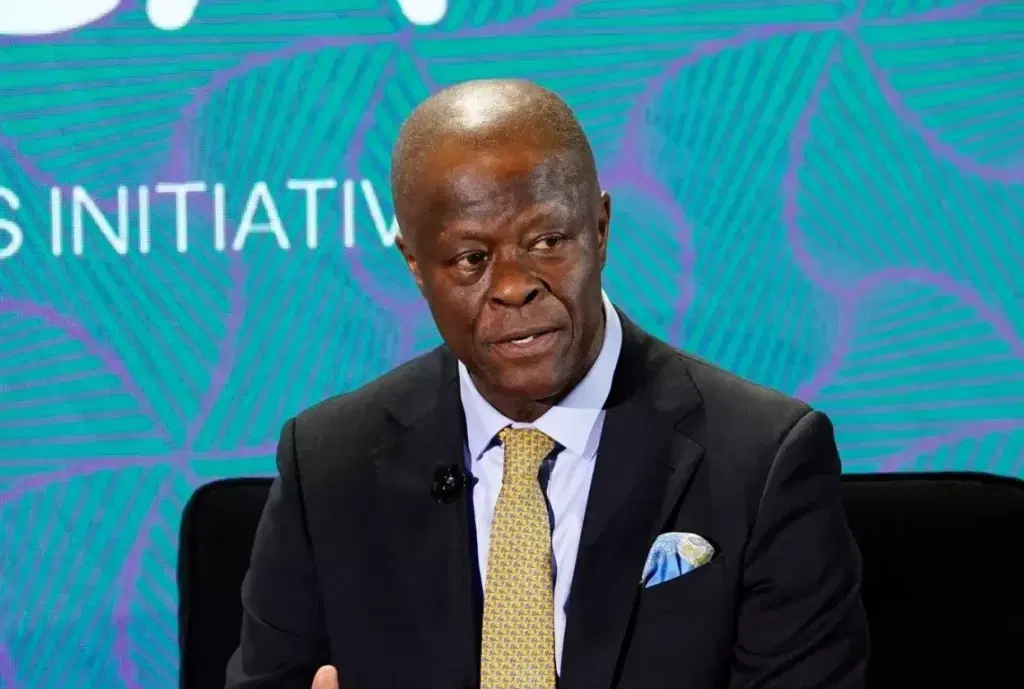Finance Minister links economic reforms to better health financing in Nigeria

Mr Wale Edun, Coordinating Minister of the Economy and Minister of Finance, has said economic reforms under President Bola Tinubu have paved the way for sustainable health financing and improved access to care.
Edun said this at the National Health Financing Policy Dialogue on Thursday in Abuja, stressing that prepaid and preplanned healthcare eases the burden on households, unlike out-of-pocket spending at the point of care.
The minister said that reforms, including the removal of the fuel subsidy, the elimination of monetary financing, fiscal consolidation, and improvements in tax administration, have stabilised the economy, creating room for investment in health, education, and social protection.
“The more hospitals, diagnostic and oncology centres we have in Nigeria, the less Nigerians spend abroad.
“We can even attract foreign patients, turning Nigeria into a regional hub for specialised healthcare services,” he said.
Edun also stated that allocations to states have doubled, thereby empowering sub-national governments, while private investment and philanthropy remain crucial in bridging the gaps.
He said that the economic gains, including stronger external reserves, moderated inflation, and a 3.4 percent growth rate last year, would support job creation, poverty reduction, and stable financing for social sectors.
Also, Sen. Ipalibo Banigo, Chairperson of the Senate Committee on Health, reiterated the National Assembly’s commitment to strengthening legislation, technology adoption, and oversight for sustainable health financing.
She outlined a four-point policy agenda for the National Assembly, which includes enacting and strengthening laws, promoting universal health coverage (UHC), and mobilizing sustainable resources through public systems and private partnerships.
Others, Banigo said, were strengthening public financial management to promote accountability and support a learning agenda to guide legislation and governance at national and sub-national levels.
She revealed that for the first time in 2024, funds were allocated to the Vulnerable Group Fund, which provided free treatment and renewed health insurance coverage for over 6,000 Nigerians in vulnerable groups.
Banigo also announced plans for a Catastrophic Health Fund to support patients with high-burden illnesses like cancer and liver failure.
“The health of our nation is its true wealth. Investing in a robust healthcare system is an investment in our productivity, economy, and future,” she said.
The National Health Financing Dialogue brought together government officials, legislators, development partners, and civil society to chart strategies for accountable and sustainable health financing.
The post Finance Minister links economic reforms to better health financing in Nigeria appeared first on Vanguard News.







